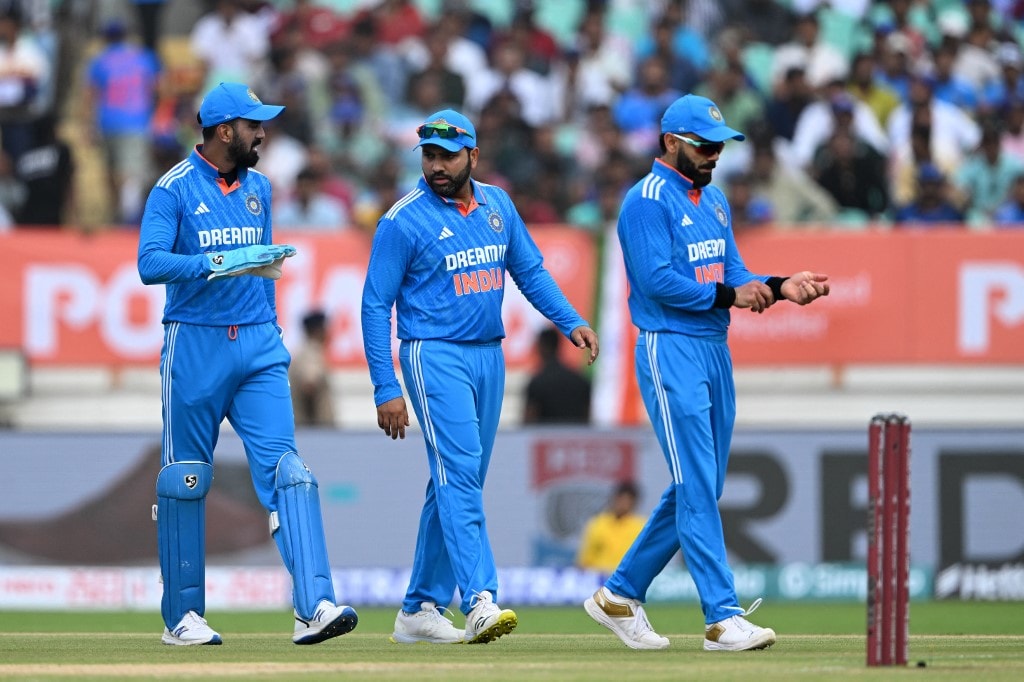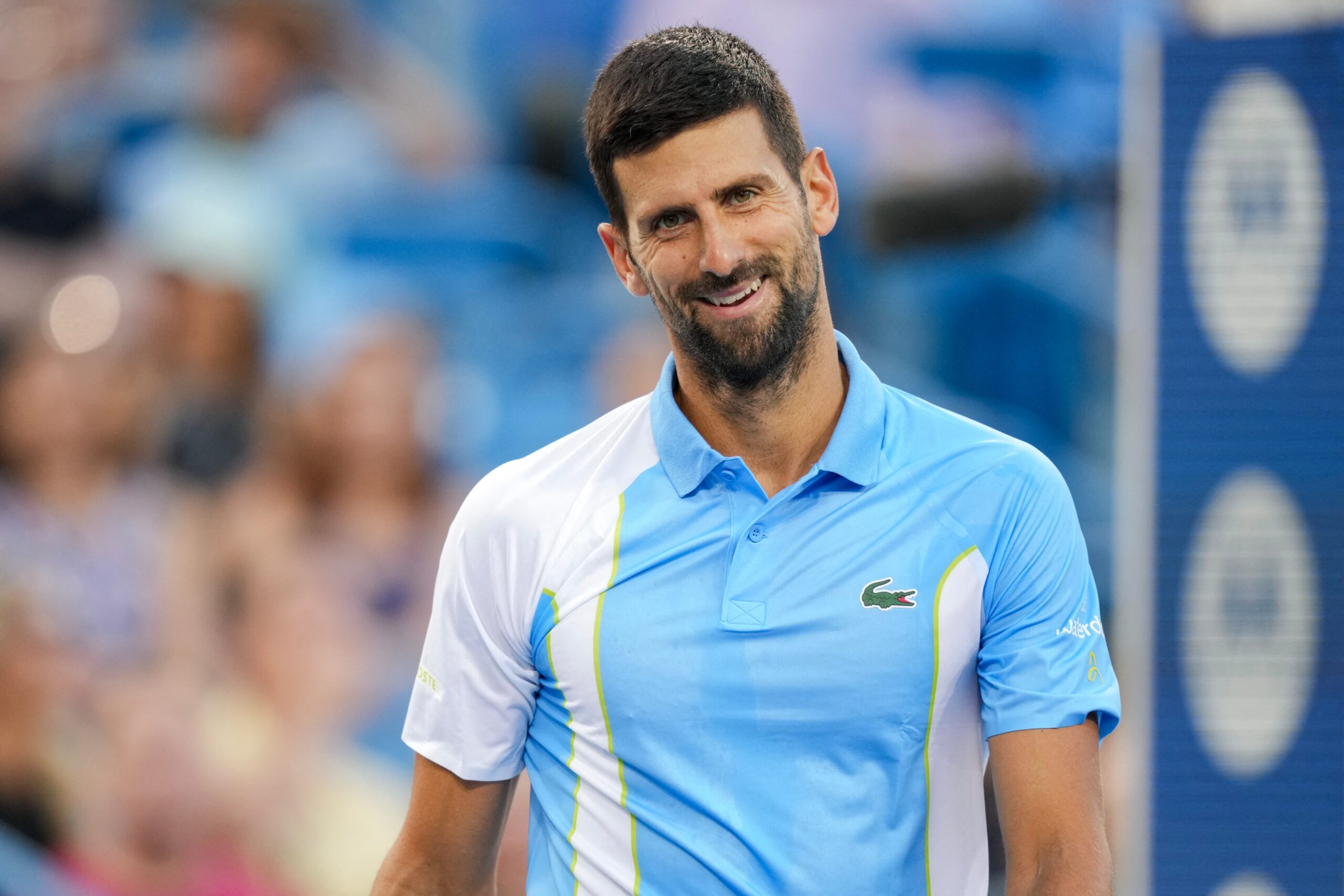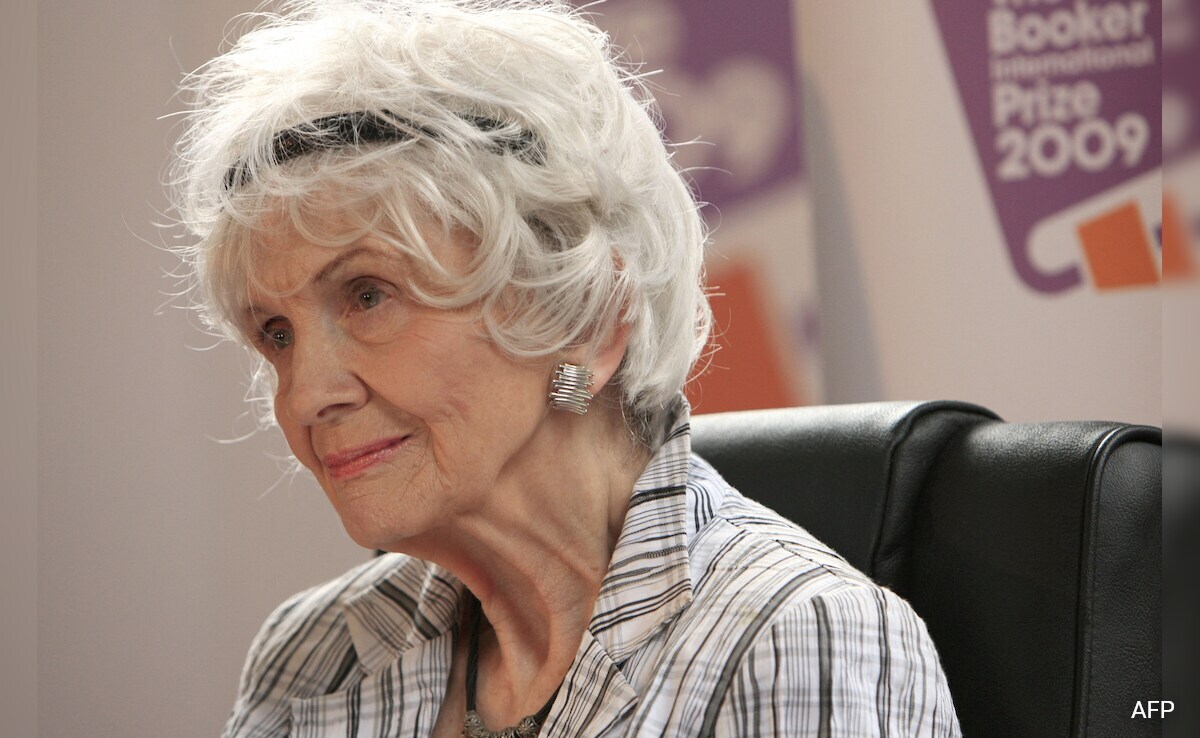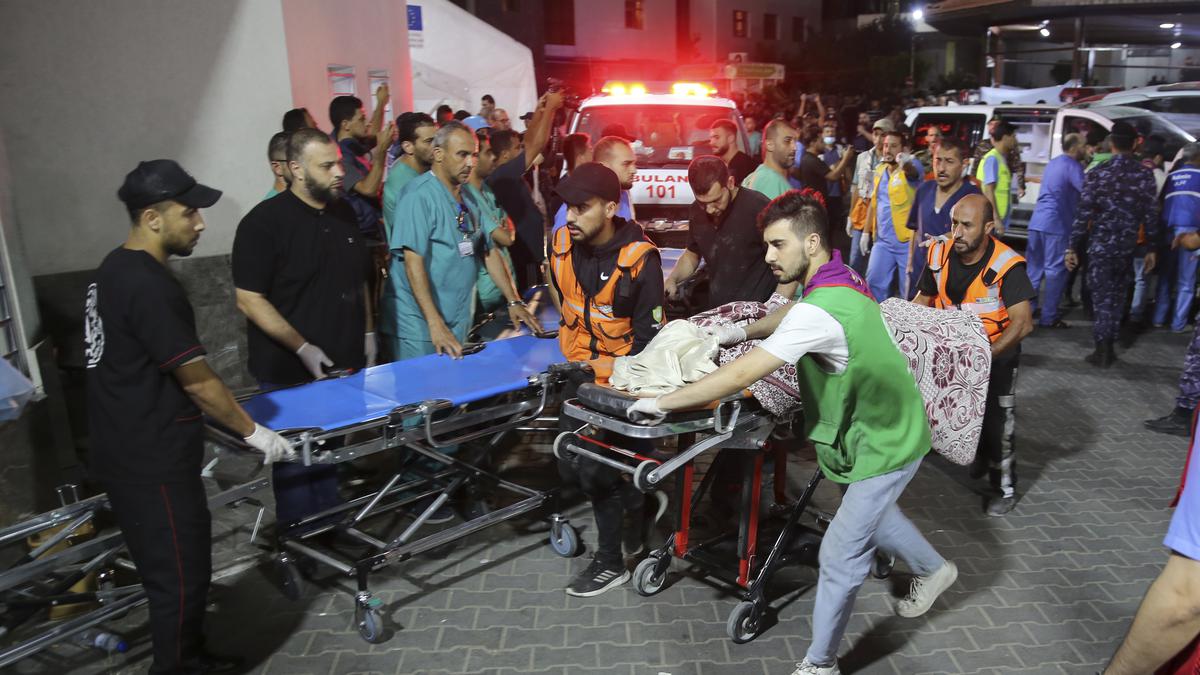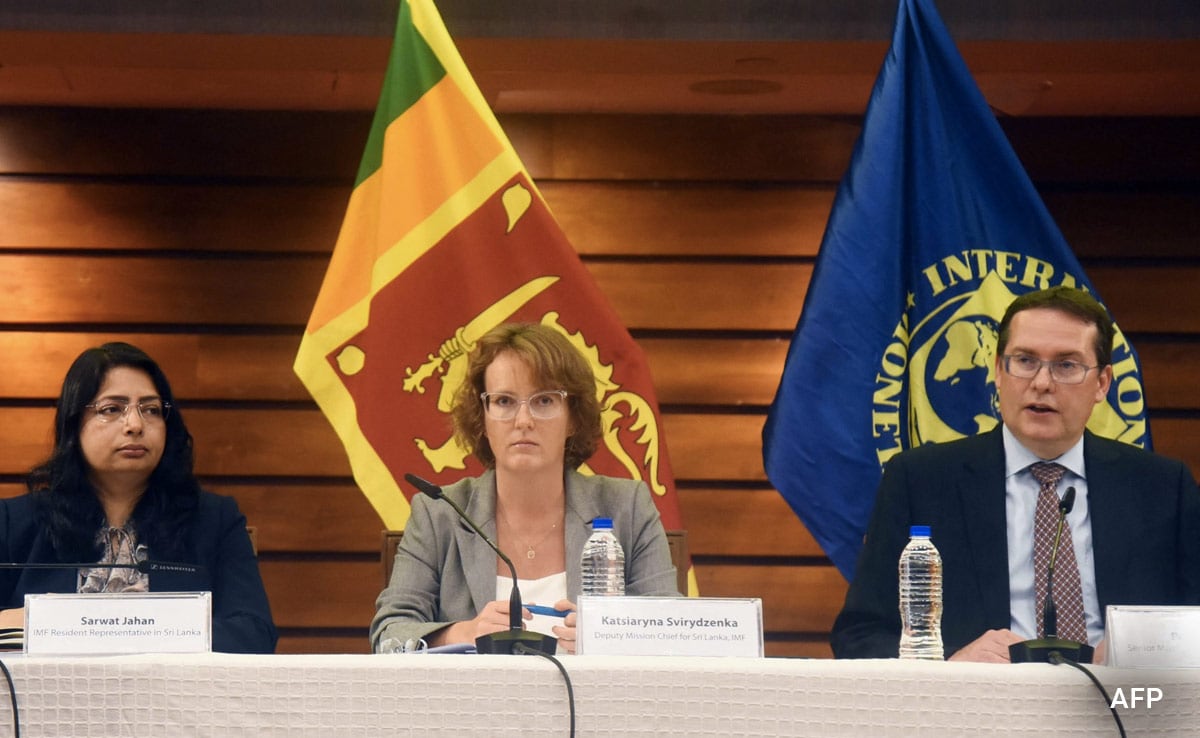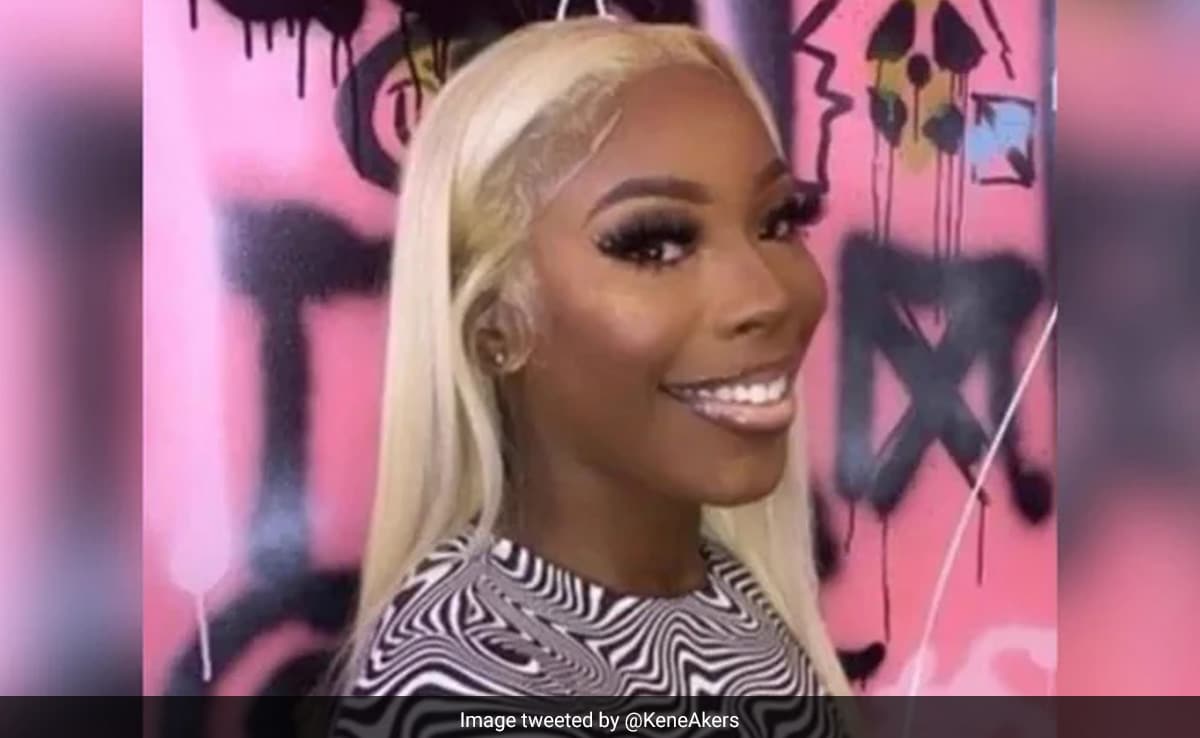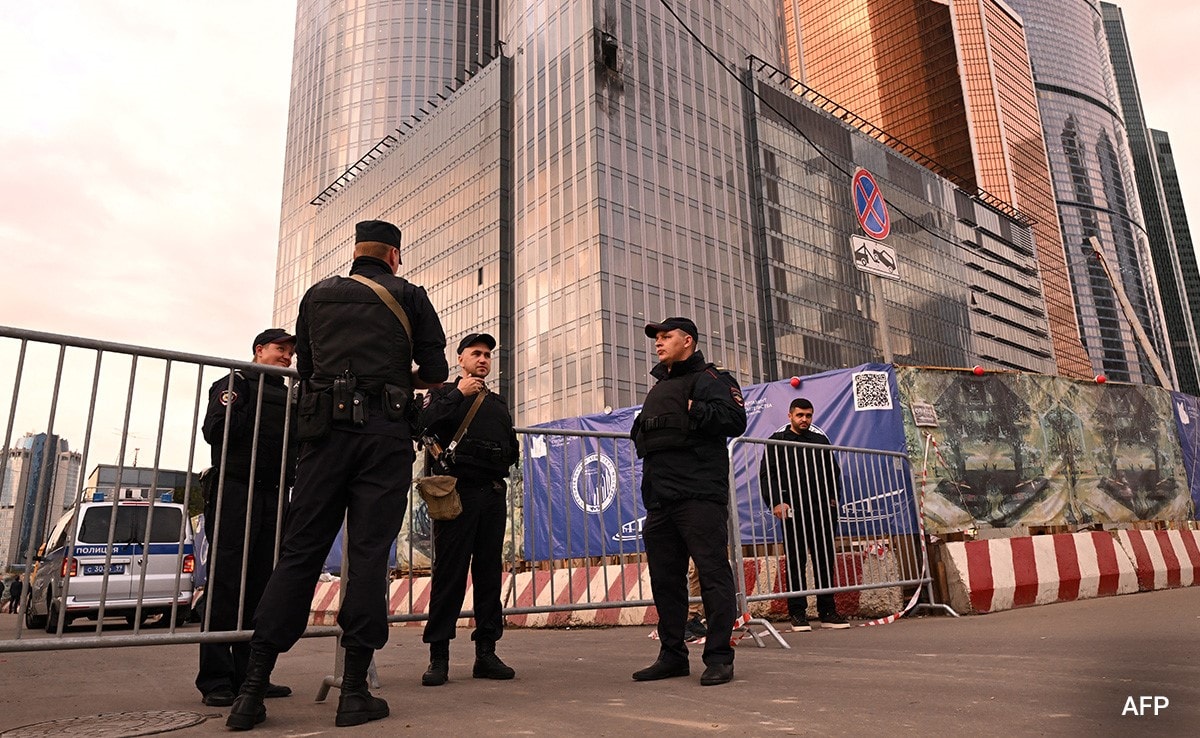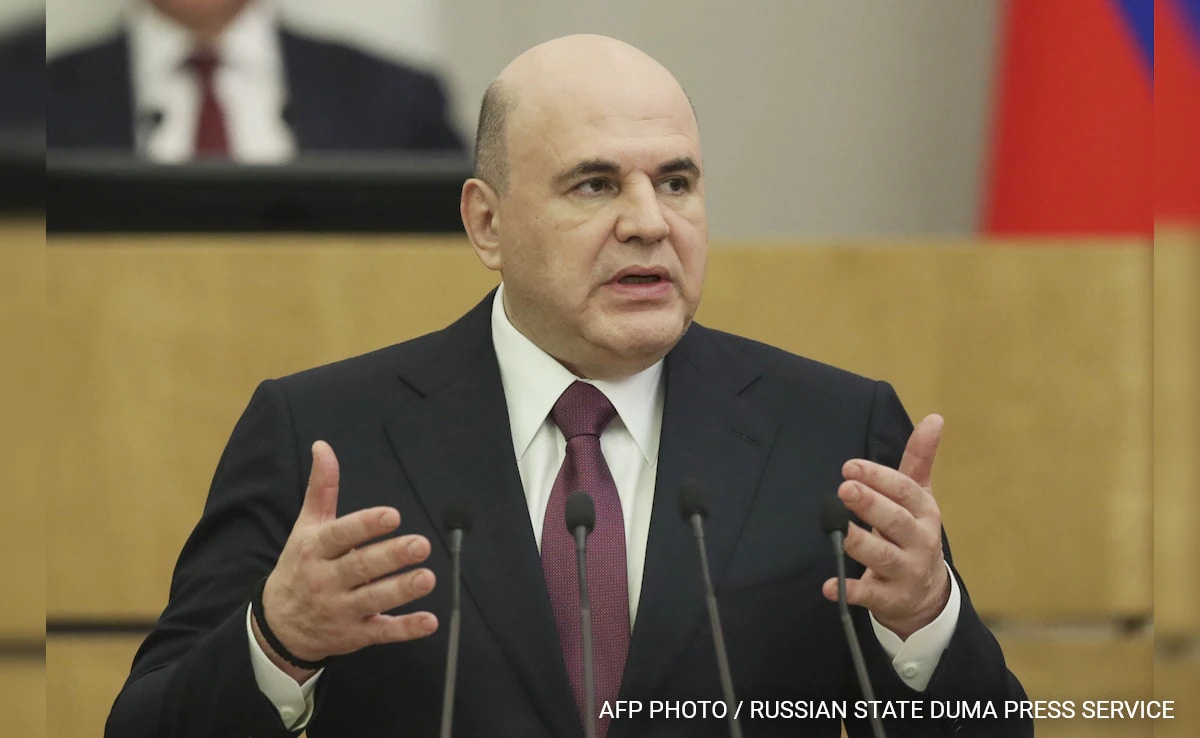María Corina Machado speaks to the press in Caracas, Venezuela on October 24.
| Photo Credit: AP
The story so far: Maria Corina Machado has won a huge victory in the October 22 Venezuelan opposition primary. The Biden administration, just days earlier, had agreed to ease years-long brutal sanctions against the country’s oil, gas and mining industries, in exchange for President Nicolas Maduro conducting free and fair elections in Venezuela in 2024.
Why now?
Part of the explanation for the re-engagement between Washington and Caracas lies in the challenges presented by the shifts in geopolitical realities consequent to the ongoing war between Russia and Ukraine. Within weeks of the February 2022 invasion, the Biden administration dispatched top officials to negotiate with Caracas, the country with the world’s largest oil reserves, so as to smooth the effects of the energy crisis issuing from the conflict. Another dimension to the re-engagement were the apprehensions over the potential regional security implications of Moscow’s backing of its Latin American allies in the event of a deepening conflict between the two superpowers. Caracas has more or less weathered the consequences of the U.S. and EU sanctions on its energy sector, thanks to crucial support from Cuba, China, Russia and Iran.
For President Maduro, the revival of ties with Washington could mean the beginning of the end to his government’s disastrous international isolation that followed the Trump administration’s severance of diplomatic relations with the country. From its position as Latin America’s fourth largest economy when Mr. Maduro took office in 2013, Venezuela has slumped within years to becoming one of the region’s poorest. The sanctions relief will enable Venezuela’s state-owned oil firm to resume oil production and potentially restore the country’s access to the U.S. financial markets.
What is the road ahead?
The Venezuelan opposition has received strong poll ratings since the victory in the 2022 regional polls in the Barinas state, the homeland of former President and Mr. Maduro’s mentor Hugo Chavez. But it is highly fragmented, as evidenced by the eight candidates who ran in the recent primary, even as it continues to encounter formidable resistance from the Maduro government.
President Maduro has himself remained unfazed by international outrage against his autocratic ways. The crippling socio-economic crisis at home has forced a mass exodus of over seven million people across the region, with the International Criminal Court (ICC) investigating Venezuela for crimes against humanity in the wake of the humanitarian crisis that followed. One UN report documented a high number of extrajudicial killings by the Maduro regime.
Moreover, it is by no means certain that Ms. Machado, from the Vente Venezuela party, would be allowed to take on President Maduro in next year’s contest, despite the overwhelming backing she received in the primary. The former legislator was disqualified in June from holding public office for 15 years on allegations of corruption and support for American sanctions. Ms. Machado is counting on hopes that her massive victory in the recent opposition primary will hold sway over the electorate and force the government to reverse the decision. But her hardline stance, such as the demand for President Maduro to be tried for war crimes, support for economic sanctions on the government and advocacy for foreign military intervention against the Maduro regime may harm rather than help her cause.
It would therefore be premature at this stage to presume that President Maduro, who has been in office since 2013, would want to risk a competitive contest next year. The Biden administration has accordingly signalled that the quantum of sanctions relief would depend on the distance the government can cover towards democratic progress. Arresting Venezuela’s downward spiral ought to remain uppermost on the opposition’s priorities.
Garimella Subramaniam is Director, Strategic Initiatives at AgnoShin Technologies.
- The Biden administration had agreed to ease years-long brutal sanctions against the country’s oil, gas and mining industries, in exchange for President Nicolas Maduro conducting free and fair elections in Venezuela in 2024.
- Within weeks of the February 2022 invasion, the Biden administration dispatched top officials to negotiate with Caracas, the country with the world’s largest oil reserves, so as to smooth the effects of the energy crisis issuing from the conflict.
- The sanctions relief will enable Venezuela’s state-owned oil firm to resume oil production and potentially restore the country’s access to the U.S. financial markets.
- Ms. Machado is counting on hopes that her massive victory in the recent opposition primary will hold sway over the electorate.


